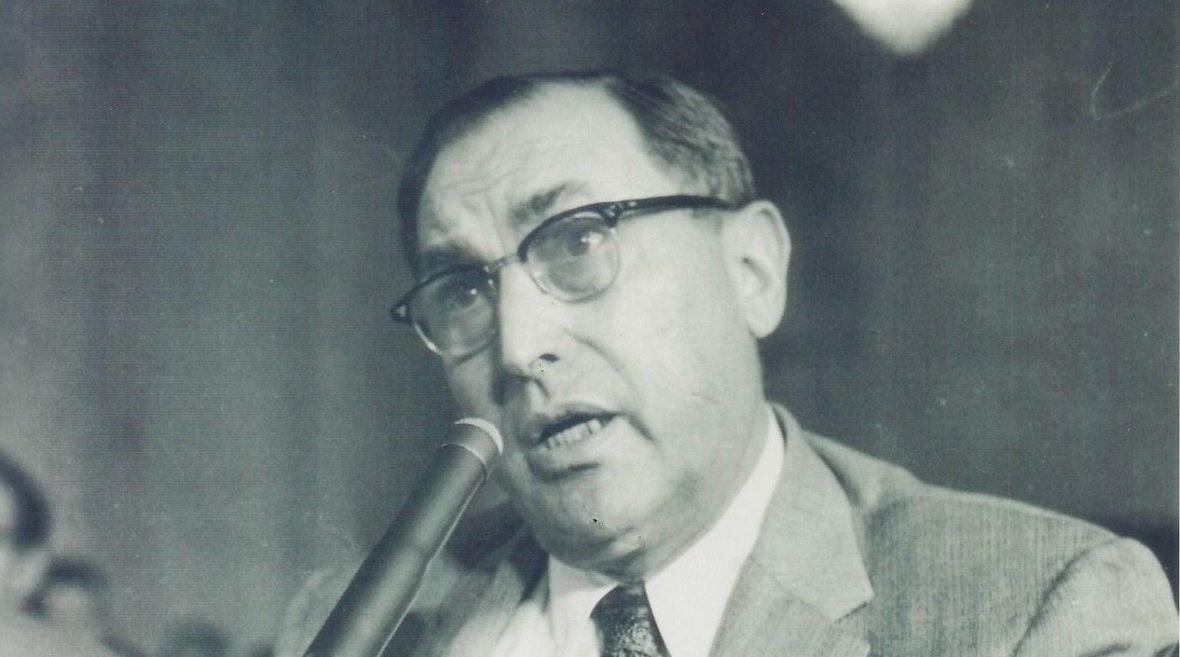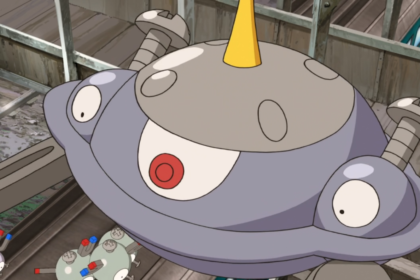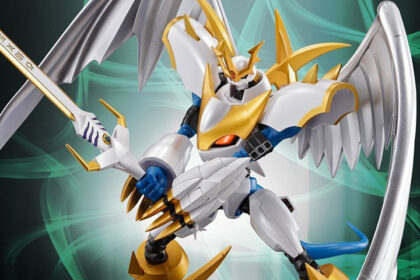Giuseppe “Joe” Profaci was a New York City La Cosa Nostra boss who was the founder of what is today known as the Colombo crime family. Established in 1928, this was the last of the Five Families to be organized. He was the family’s boss for over three decades. Take a look below for 28 more strange and bizarre facts about Joe Profaci.
1. Profaci was born in Villabate, in the Province of Palermo, Sicily, on October 2, 1897.
2. In 1920, Profaci spent one year in prison in Palermo on theft charges.
3. Profaci’s sons were Frank Profaci and John Profaci Sr. Frank Eventually joined the Profaci crime family while John Sr. followed legitimate pursuits.
4. Two of Profaci’s daughters married the sons of Detroit Partnership mobsters William Tocco and Joseph Zerilli.
5. Profaci’s brother was Salvatore Profaci, who served as his consigliere for years, and is known to have been heavily into dealing of pornographic materials.
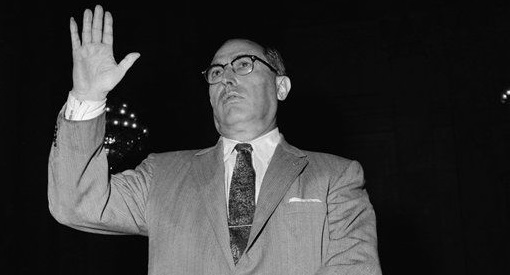
6. One of Profaci’s brothers-in-law was Joseph Magliocco, who would eventually become Profaci’s underboss.
7. Profaci’s niece, Rosalie Profaci, was married to Salvatore Bonanno, the son of Bonanno crime family boss Joseph Bonanno.
8. Profaci was the uncle of Salvatore Profaci Jr., who was also a member of the Profaci crime family.
9. Released from prison in 1921, Profaci emigrated to the United States, arriving in New York City on September 4.
10. Profaci settled in Chicago, where he opened a grocery store and bakery. However, the business was unsuccessful and, in 1925, Profaci relocated to New York, where he entered the olive oil import business.
11. On September 27, 1927, Profaci became a United States citizen. At some point, after his move to Brooklyn, Profaci became involved with the Sicilian gangs there.
12. On December 5, 1928, Profaci attended a mob meeting in Cleveland, Ohio, that would make him an organized crime boss in Brooklyn. In October, 1928, Brooklyn boss Salvatore D’Aquila was murdered.
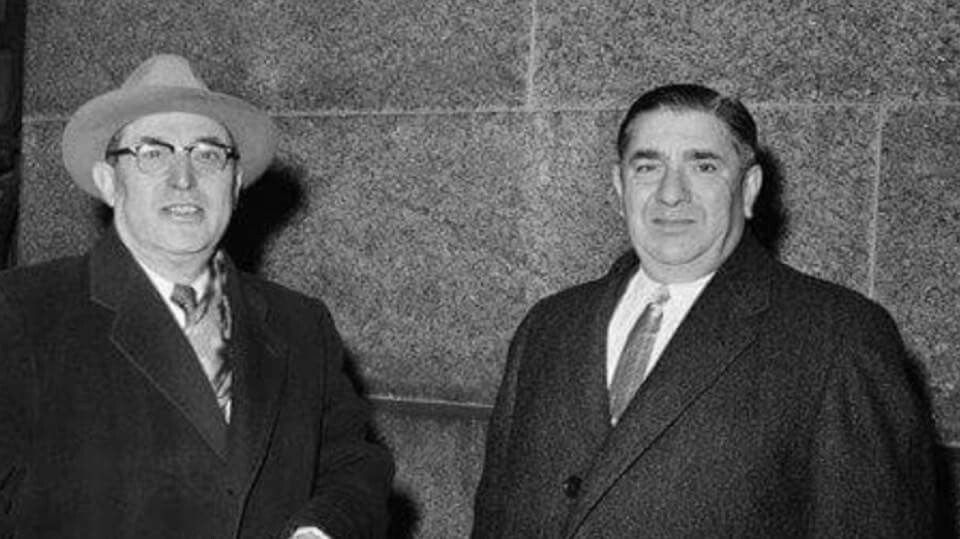
13. An important part of the Cleveland meeting, attended by mobsters from Tampa, Florida, Chicago and Brooklyn, was to appoint Profaci as Aquila’s replacement so as to maintain calm among the Brooklyn gangs.
14. Given Profaci’s lack of experience in organized crime, it’s unclear why the New York gangs gave him power in Brooklyn. Some speculated that Profaci received this position due to his family’s status in Sicily, where they may have belonged to the Villabate Mafia.
15. Profaci may have also benefited from contacts made through his olive oil business.
16. Cleveland police eventually raided the meeting and expelled the mobsters from Cleveland, but Profaci’s business was accomplished.
17. By 1930, Profaci was controlling numbers, prostitution, loansharking, and narcotics trafficking in Brooklyn.
18. Profaci obtained most of his wealth through traditional illegal enterprises such as protection rackets and extortion. However, to protect himself from federal tax evasion charges, Profaci still maintained his original olive oil business, known as Mama Mia Importing Company, leading to his nickname as “Olive Oil King.”
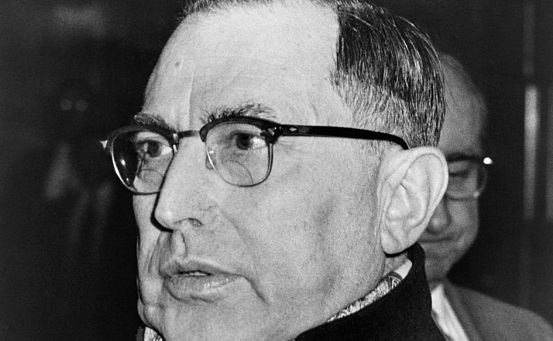
19. As the demand for olive oil skyrocketed after World War II, his business thrived.
20. Profaci owned 20 other businesses that employed hundreds of workers in New York.
21. Profaci owned a large house in Bensonhurst, Brooklyn, a home in Miami Beach, Florida, and an 328 acre estate near Highstown, New Jersey, which previously belonged to President Theodore Roosevelt.
22. Profaci’s estate had its own airstrip and a chapel with an altar that replicated one in St. Peter’s Basilica in Rome.
23. Profaci was a devout Catholic who made generous cash donations to Catholic charities.
24. A member of the Knights of Columbus, Profaci would invite priests to his estate to celebrate Mass.
25. In May, 1952, a thief stole valuable jeweled crowns from the Regina Pacis Votive shrine in Brooklyn. Profaci sent his men to recover the crowns and reportedly kill the thief. However, accounts of the thief being strangled with a rosary are unfounded.
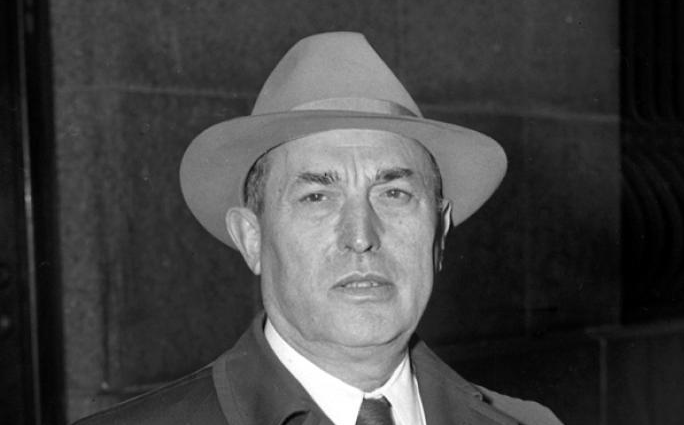
26. In 1949, the Vatican received a petition from a group of New York Catholics to confer a knighthood on Profaci. However, when the Brooklyn District Attorney complained about the move, the Vatican denied the petition.
27. On June 6, 1962, Profaci died in South Side Hospital in Bay Shore, New York, of liver cancer.
28. He’s buried at Saint John Cemetery in the Middle Village sections of Queens, in one of the largest mausoleums in the cemetery.

